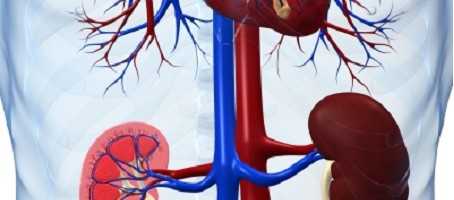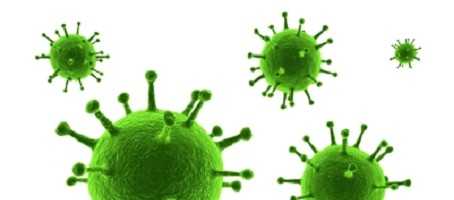A new study, published in the Journal of Clinical Investigatio, suggests that ketogenesis may prevent non-alcoholic fatty liver disease (NAFLD).
NAFLD is a generic term used to described conditions that cause fat to build up within the liver, thereby increasing the risk of cardiovascular problems, including heart attacks and stroke.
Researchers from Sanford Burnham Medical Research Institute performed their study on mice with diet-induced NAFLD. The high-fat diet feeding of the mice with dysfunctional ketogenesis – a process that disposes of much of the fat that enter the liver – resulted in a number of problematic conditions, including extensive heptocyte (the cell of the main tissue of the liver) injury, inflammation, and decreased glycemia.
These results suggest that dysfunctional ketogenesis promotes NAFLD, and that ketogenesis may modulate fatty liver disease.
NAFLD often occurs in people with type 2 diabetes. Lowering the risk of the disease is generally a matter of gradual weight loss and maintaining regular exercise, which also helps to lower the risk of cardiovascular problems.
Other risk factors listed by the NHS include being overweight, being over the age of 50, having high cholesterol, having high blood pressure, and rapid weight loss after surgery or malnourishment.
Approximately one billion people worldwide are affected by non-alcoholic fatty liver disease.
What's new on the forum? ⭐️
Get our free newsletters
Stay up to date with the latest news, research and breakthroughs.




